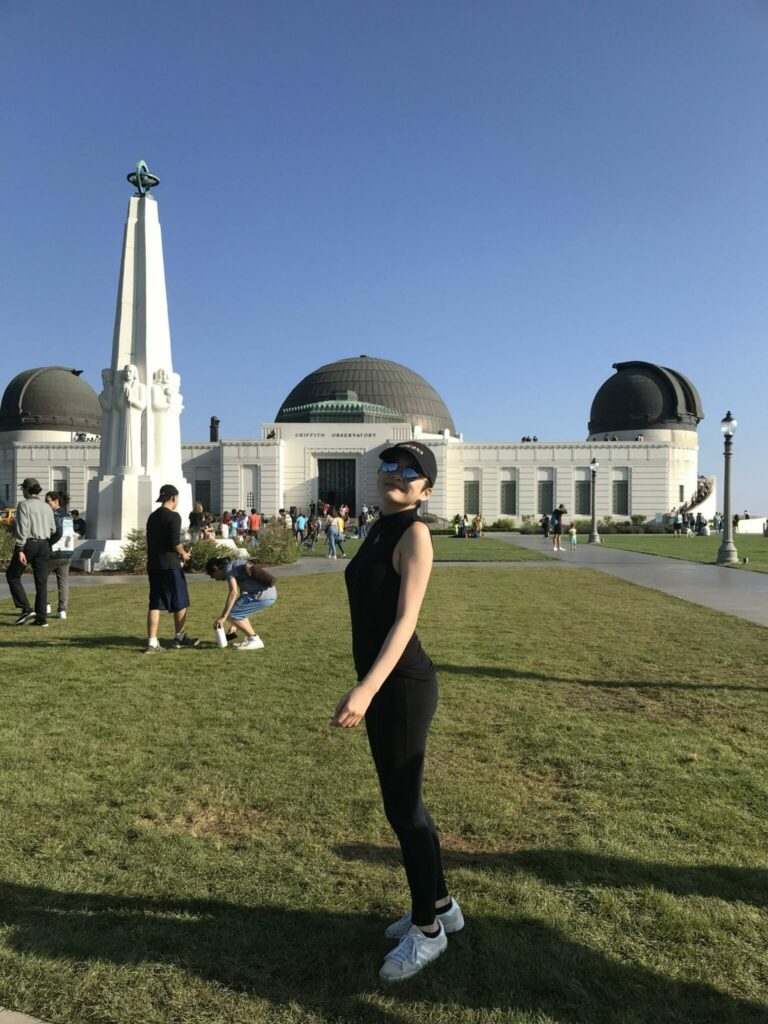This time last year, I had finally returned home from my eleven-day stay in the hospital. Two of those days were in the ICU.
The night before entering the ICU, my body was starting to prove just how powerful mutant T-cells could be.
Hours later, I woke up, rushing to the bathroom to vomit. My mom must have pitied me. After all, just two hours prior, I had turned 26. The vomit kept coming.
The rest of my 26th birthday was a blur. I think the nurses tried telling me that I would be transferred to the ICU. I remember flashes of my mom and nurses pulling my limp body up from the bed to pee bedside. Did I eat? The next time I was fully conscious, it was the day after.
In the weeks after discharge, my mom would lightheartedly relay the story of how I hilariously failed the toxicity assessment questions, which were given every hour or two. Not only did I scribble illegible sentences, but I also was incredibly insistent on where I was, jumbling nonsense about my high school. (I do recall having a feeling of frustration at some point.) I can only imagine her laughter — and maybe horror — in the hospital room, while witnessing her delirious daughter give totally incorrect answers with such confidence. She had some pride sharing this story.
One year later — this global pandemic aside, I am in a much better place. My scans two weeks ago were clear! And during Adolescent and Young Adult (AYA) Cancer Awareness Week, it is important to keep in mind that cancer can be a really lonely journey, especially for younger patients.
When a medical student was asking me questions during CAR-T cell infusion, I realized I still had pent-up resentment over people I knew who never reached out. She had wondered how people should respond when their loved ones get diagnosed with cancer, and the first thing I thought of was simply to reach out.
Silence, especially among people whom you thought were your friends, only adds to the heartbreak, frustration, and confusion that AYA cancer patients already feel.
I know what it’s like to go through treatment not once, not twice, but three times. Let me just say that it never gets easier, but with the right support networks, the journey does not have to be quite so lonely. Organizations such as Stupid Cancer, Livestrong, Elephants and Tea, and Ulman Foundation are working to focus more on patient care outside the hospital. And after being surprised by a care package from a stranger, I am now also working toward paying it forward and spreading the hope that that stranger gave me.
Despite everything that is going on, we are somehow still here. We can get through this together.
By Sonia Su

